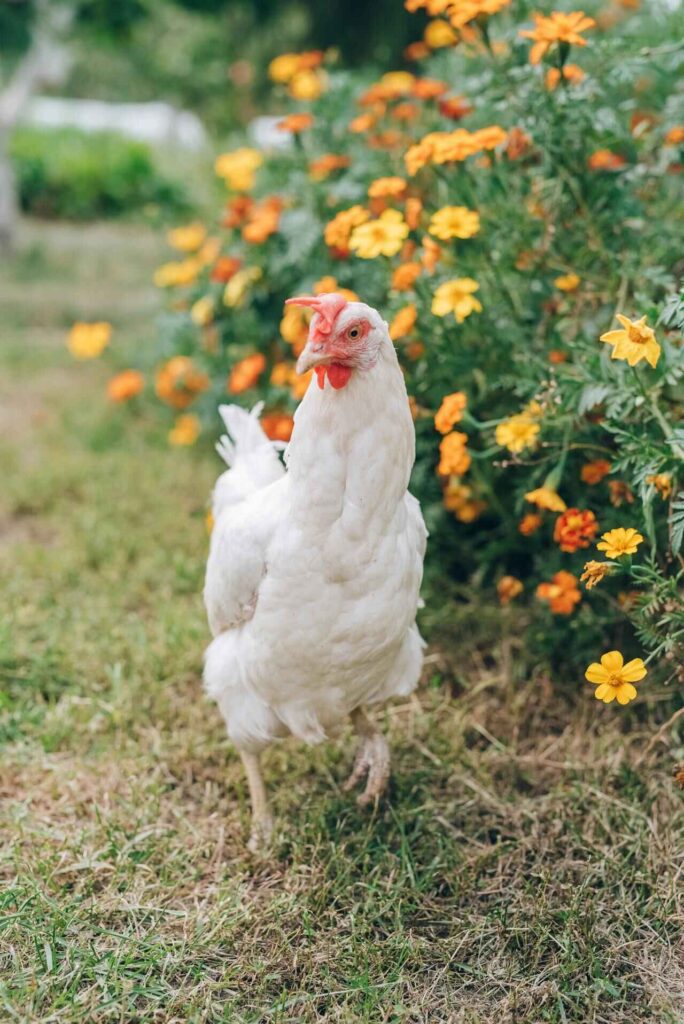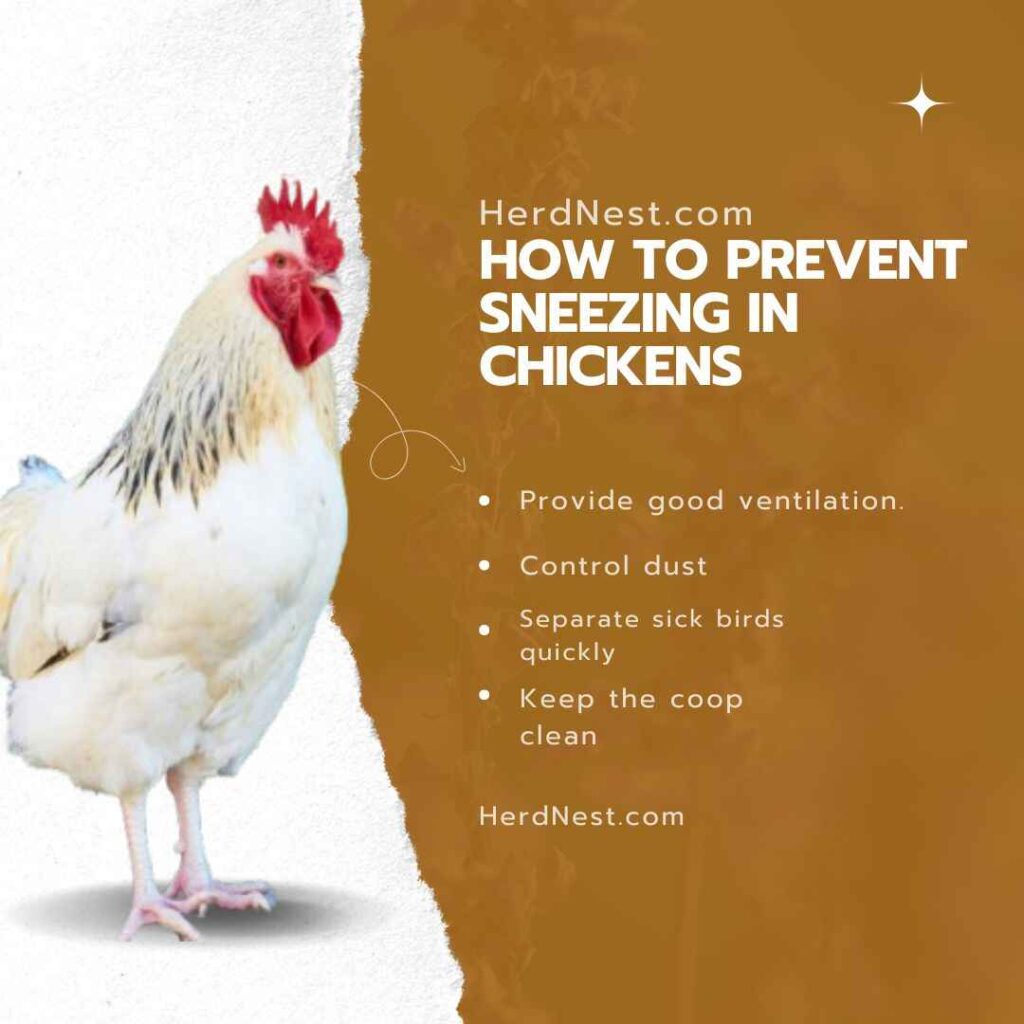Raising chickens in the backyard has been both rewarding and challenging. One morning, while checking my flock, I noticed a bird sneezing. At first, I thought it was harmless, but knowing how quickly an issue can turn serious, I paid close attention.
A sneezing chicken could mean anything from dust irritation to a contagious illness. If left unchecked, it could affect egg production, growth, or even lead to death in extreme cases. Since I run a small poultry business, I knew I had to act fast.
Visiting the coop daily helps prevent problems before they become a major event. Some reasons behind sneezing are minor, while others are fatal and require immediate treatment. Changes in weather, dust, or even ammonia buildup can be a factor.
The key is to stay ahead of the problem, recognize when it’s an emergency, and take the necessary steps to reduce risks. By handling these situations regularly, we can require fewer drastic measures and keep our chickens healthy.
Table of Contents
ToggleObserving Your Chicken
When I observe my chickens, I always look for any unusual behavior, especially if one lets out a sudden sneeze or starts shaking its head. A slight rattle in the chest, difficulty breathing with the neck extended, or a gasp could signal a gapeworm infection.
If there’s nasal or eye discharge, along with Decreased Egg Production or thin, crinkled shells, it might be Infectious Bronchitis. These signs require immediate consideration, as some cases can turn into Upper Respiratory distress.
A popular product like Vet RX, often recommended by Meyer Hatchery, helps support poultry health. Understanding a chicken’s Anatomy and knowing what to check can make a big difference in spotting issues early. Learn more about this infection at the Merck Veterinary Manual.

Environmental Considerations
A sneeze in chickens might not always mean sickness—it could be due to environmental factors. I always check my coop to ensure good ventilation and proper air flow, as poor conditions can lead to irritation.
Dust, pollen, and chemical irritants are common triggers, making it important to use low-dust material for flooring. Sometimes, a dry throat or a tiny irritant can cause sneezing, especially in enclosed spaces. To reduce the risk, I regularly inspect and adjust the air quality, ensuring my flock stays comfortable and healthy.
Keeping Your Flock Healthy or Prevention
To prevent infection in my flock, I always quarantine any new birds for at least three weeks, ensuring they show no signs of respiratory disease like bronchitis before mixing them in. Proper stocking density and good drinking water quality help minimize stress, which is key for strong immunity.
Some breeders in NZ opt for vaccination, especially for infectious diseases, with an initial course of three doses given by spray or injection over a month. The final dose at 16-18 weeks builds immunity for 18 months.
While vaccines like ILT are more common in the northern regions, they can be costly for small breeding operations. Pacific Vet provides treatment options, but many are designed for commercial farms, requiring 500-1000 dose vials, which must be used within 1-4 hours. For larger-scale hatching, however, these can still be economically viable.

How to Prevent Sneezing in Chickens
Healthy chickens rarely sneeze, but with the right care and environment, you can greatly reduce the risk of respiratory problems in your flock. Here’s a list of simple steps to help keep your birds breathing easy
- Provide good ventilation – Ensure fresh air flows without direct drafts on the birds.
- Control dust – Use low-dust bedding like pine shavings instead of sawdust.
- Avoid moldy feed or bedding – Mold spores can trigger sneezing and illness.
- Maintain dry conditions – Prevent dampness by fixing leaks and using absorbent bedding.
- Separate sick birds quickly – Isolate any chicken showing respiratory symptoms to prevent spread.
- Keep feeders and drinkers clean – Wash regularly to avoid bacteria and mold growth.
- Avoid overcrowding – Give chickens enough space to reduce stress and disease transmission.
- Provide a balanced diet – Strong immunity comes from proper nutrition and clean water.
How to Treat a Sick Chicken
When my flock shows signs of infection, I act quickly to help them resist further illness. Many viruses do not respond to antibiotics, but a veterinarian can provide medications for bacterial infections like E. coli or Pasteurella, which can cause severe complications such as blood poisoning.
A consult with a Vet is required by law, with follow-ups needed every 6 months for repeat prescriptions. I also focus on home remedies like adding turmeric and oregano oil to their feed, as both have natural properties that support respiratory health.
When my chickens are stressed due to weather or moulting, I provide multi-vitamins and probiotics to give them a boost. If congestion worsens, dabbing Vicks on the beak near the nostrils helps clear their sinuses and airways.
Sick birds recover best in a quiet, warm environment, so I always keep them separate until they are fully recovered. Building a good relationship with a Vet helps ensure treatment is available when needed.




